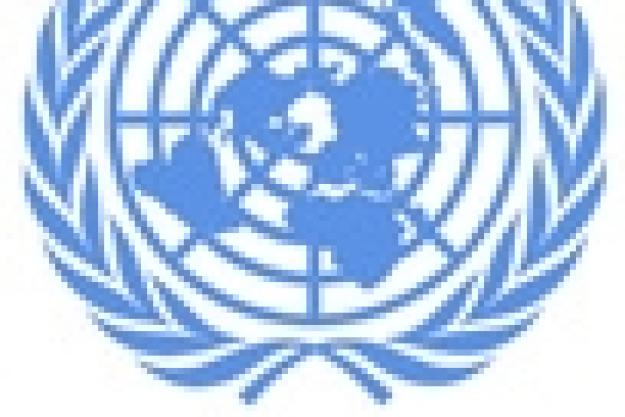
The Director–General of the Organisation for the Prohibition of Chemical Weapons (OPCW), Ambassador Rogelio Pfirter, addressed the First Committee of the United Nations General Assembly on 10 October 2005, to report on the progress and developments in both chemical disarmament and the OPCW’s implementation of the Chemical Weapons Convention (CWC).
In his address, Director–General Pfirter noted that the CWC represents the international community’s single multilateral means of preventing the use and spread of these horrific weapons, aiming to eliminate an entire category of weapons of mass destruction from the surface of the earth, and to prevent their re-emergence.
In his overview of the status of the Convention’s implementation, Director-General Pfirter informed the First Committee that membership in the Organisation had doubled in the eight years since the treaty became international law, rising from 87 to 174 Member States, making the OPCW the world’s fastest growing disarmament and non-proliferation regime. He briefed the First Committee on the OPCW’s verification of chemical weapons destruction and non-proliferation. Director-General Pfirter urged all States Parties to stay the course — and urged possessor States Parties to destroy their declared stockpiles within the CWC’s deadlines, despite the present complexities this task presents — and to sustain the important momentum already created for the immediate future and beyond.
Director-General Pfirter also underlined the fact that the risk of chemical weapons proliferation remains a considerable concern given the potential for terrorists to acquire chemical weapons and the materials for their production. He detailed for the First Committee the efforts being made by States Parties to establish the national infrastructure to detect, pursue and prosecute a breach of the Convention by its nationals within that Member State’s jurisdiction. Here, the States Parties are provided focused assistance to enhance national implementation, to identify areas for improvement, and to address perceived gaps as expeditiously as possible. Director-General Pfirter stressed that the OPCW faces a daunting task, requiring a vast effort. In the past two years, over 100 States Parties to the Convention have requested and received the OPCW’s support to be able to effectively apply the chemical weapons ban.
Director-General Pfirter explained that while the OPCW is not an anti-terrorist agency, full implementation of the Convention is recognized as constituting one effective means of addressing the menace of terrorism, in the chemical weapons field. He assured the First Committee that the OPCW continues to be an active partner in this struggle and to develop and deepen its contacts with the UN, in the context of the relationship agreement between the two Organisations, to strengthen cooperation and forge closer international and regional ties.
Director-General Pfirter concluded by urging all countries to join the OPCW to ensure that this unique Convention, identified by the Secretary-General as one of the 25 ‘core’ treaties in the United Nations system, will achieve its full potential and contribute to the preservation of international peace and security, a goal to which all aspire.
58/2005
